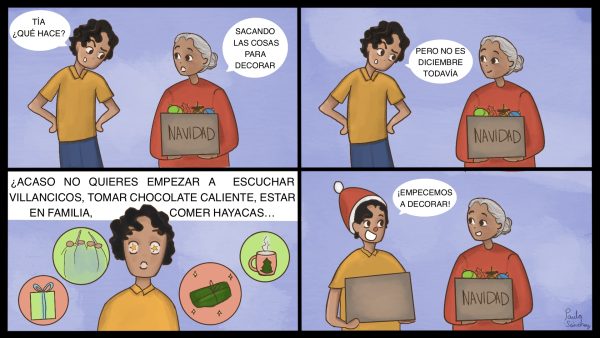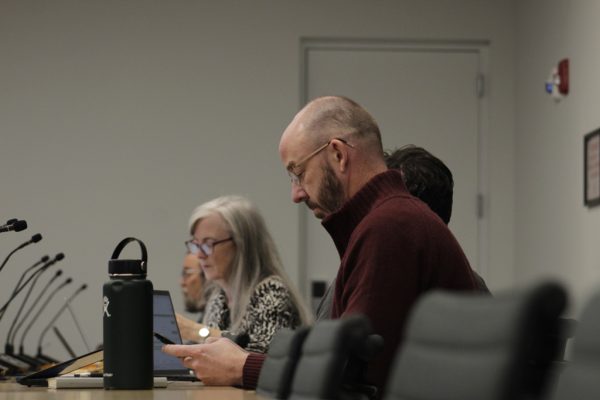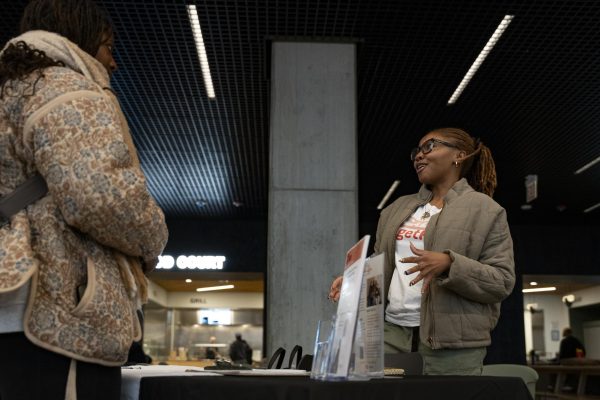Dr. Ben White starts of 6th Communia Workshop with keynote on digital rights
October 27, 2009
The workshop, held on Thursday 1 and Friday 2 October 2009 at the University of Barcelona in Spain, started with a keynote by Dr. Ben White (British Library), emphasizing that we are at a crucial time: norms are currently being set by different uses, governments, and technologies, and libraries have to find a way around such differences in their on-going digitalisation efforts. It is important to get digital preservation right at economic, technical and legal levels, otherwise we will not be able to build and preserve our digital public domain. For instance, an analysys of over 100 contracts revealed that most of them systematically undermine preservation right of libraries. It is imperative to follow the lead of countries such as Ireland and Belgium: contract law cannot undermine exceptions to exclusive rights. Indeed, the British Library is currently in discussion with Wikimedia commons following the lead of the Bundesarchiv: they plan to use “social contracts” rather than a contractual framework such as a Creative Commons license. Above economic copyright, there are other issues to to be beared in mind, such as moral rights, religious sensitivities and other concerns of libraries that want people to know that certain material comes from such libraries. [28oct09]
Then Dr. Raquel Xalabarder (Universitat Oberta de Catalunya) introduced the first session on National heritage preservation: legal issues & implications by recalling that exceptions and limitations need to be checked with regards to new challenges raised by preservation and public access: how should they be designed, are they enough, for which purposes? In other words, it is hard to be locked up in previous centuries technologies, we should make sure that libraries are equiped for current challenges and opportunities.
Dr. Milagros del Corral (Director of Biblioteca Nacional de España in Madrid), made a presentation on Digital libraries and copyright: towards balanced legal certainty in Europe. Since Copyright has been pretty flexible throughout history in adapting to the evolution of the society, today we have to push a positive agenda instead of having a defensive, aggressive position because copyright holders and libraries need legal certainty. Thus, the current work-in-progress at EU level is addressing the adaption of such historical exceptions to the digital world – trying to strike a balance among the different approaches pursued.
Dr. Maja Bogataj (Intellectual Property Institute in Ljubljana, Slovenia) gave a presentation entitled Mandatory collective management in Slovenian Copyright Act. A mistake or an opportunity? While the mandatory collective management definition adopted in Slovenia is very broad, other sources think that mandatory management is not a limitation but it could actually have protective effects. One of the possible solutions to this bottleneck is to extend exceptions and limitations for filesharing and expanded collective licenses, like in Scandinavia. But the whole issue should be reformed at EU level, maybe even introducing such formal requirements as an opt-in or an opt-out system.
Dr. Eugènia Serra (General Coordinator of the Library of Catalonia), presented The Library of Catalonia and public domain. There are over 3 million documents in the National Library of Catalonia, and the copyright specifications are included in the metadata. The digitalisation has been selective, starting with works in the public domain and works cleared by the respective right holders, while the library has a contract to get financial costs of digitalisation covered by Google since 2007 for objects in the public domain of their catalog, with no exclusivity clause. According to dr. Serra, authors should be payed but memory institutions should also have granted their access to culture and knowledge.
The workshop progressed with several presentations of specific projects, including Dr. Georg Eckes (Deustches Filminstitute in Frankfurt, Germany) who introduced EFG – A Gateway to Film Heritage in Europe, a project aimed at building a digital showcase for collections of Europe’s films and cinematheques pointing to content on other websites as an aggregator. While pointing out that archives need to become conscious and take a position related to copyright issues, he stressed again the need for balance between citizen interest to use and reuse and commercial interests of the rightholders.
Among other speakers, Dr. Alice Keefer (University of Barcelona) addressed the digital preservation issue: while many technical tools are available, strategic policies are implemented only in a few institutions. And finally Dr. Victoria Reich (Director of Stanford University’s LOCKSS) talked about Preserving the Public Domain. She detailed their distributed digital preservaiton system aimed at preserving any content already available the web.






